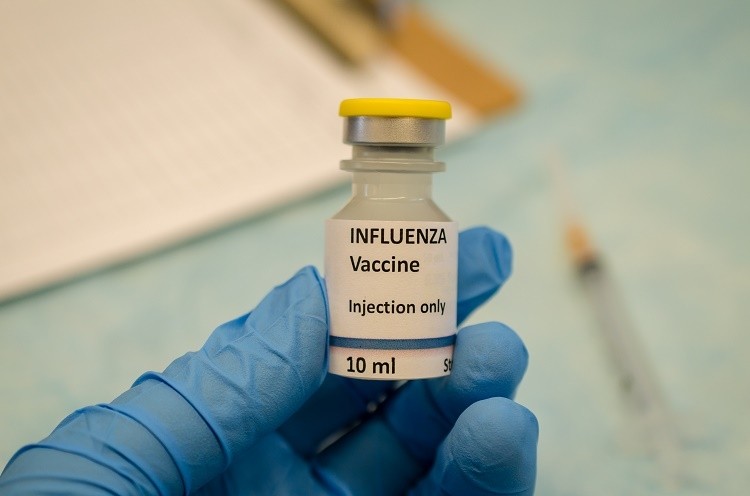In search of a universal flu vaccine

Why was this year’s flu shot less effective than usual? In short “antigenic drift,” explained Amro Elabbas, bioassay, in vivo testing manager at Charles River, which is supporting R&D efforts to help develop novel flu vaccines that could protect against all strains of the flu virus using reverse genetics.
“Essentially, the strains of the vaccine that are being manufactured are very similar to the actual virus, but not the exact same,” he told us.
Flu viruses used for vaccines are typically grown in chicken eggs, but the process is not simple, he said, adding that researchers make minor changes to the virus “to help the process along.”
“Those changes may be making the H3N2 strain in particular less potent – which would limit the immune response it triggers in the body,” Elabbas explained.
“Since that immune response is critical to how vaccines work, this could lead to people remaining susceptible to that particular strain of flu going around – even if they got their flu shot.”
A universal vaccine
Experts at the World Health Organization every year in February and March make an educated guess about which virus strains will “make the rounds in the coming winter,” said Elabbas.
“Sometimes they nail it. But sometimes they do not – and entirely different strains circulate that make people sick,” he added.
However, “universal vaccines take the guesswork out of vaccine formulations,” Elabbas noted.
If successfully developed, a universal flu vaccine could combat many flu viruses and protect a greater portion of the population.
As Elabbas explained: “A vaccine candidate is usually one of many variants of a strain of influenza that manufacturers have, and they want to know a few things before they go with a particular variant to manufacture their vaccine.”
“The most important two questions are: how does the virus replicate in eggs and how much of an immune response does it elicit,” he said – for if a virus does not grow well in eggs, “it becomes extremely difficult to manufacture.”
Clinical trials
In the race to develop the first universal flu vaccine, there are currently several clinical trials being conducted globally.
As Outsourcing-Pharma.com previously reported, the Israeli biopharmaceutical company BiondVax is working closely with a CRO to advance its universal flu vaccine candidate to Phase III clinical trials.
Oxford University has made headlines with its universal influenza vaccine candidate which will be tested in a two-year study enrolling 2,000 people. Additionally, Mount Sinai researchers have a universal influenza vaccine candidate in Phase I safety studies.








